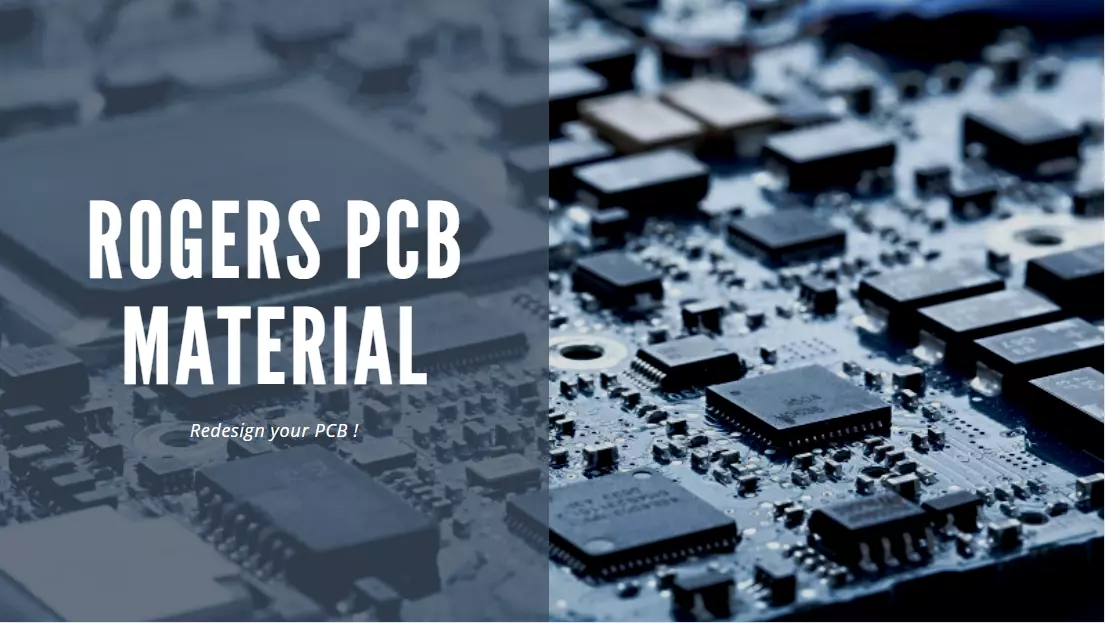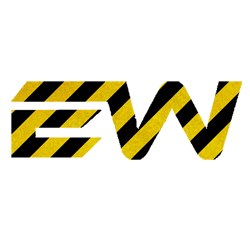Rogers PCB material: Redesign your PCB

Take a good look! Can you name at least one electronic component that does not exist in the surrounding environment? It's possible but probably safe to assume the answer will be no.
The printed circuit boards, also known as PCBs, are the most fundamental component of any electronic system. Although we rely on thousands of electronic devices constructed out of various materials, PCBs are the essential component.
These printed circuit boards are designed specifically to provide power to an electronic device and act as a medium for the fundamental operations of electronic products.
PCBs can be constructed from a wide variety of materials; selecting these materials is critical if you want to get the most out of your investment in PCB material by obtaining the best possible performance in terms of functionality and liability.
And the Rogers PCB material stands out from the crowd as one of the most common PCB materials used for electronic products. The Rogers PCB material has long been the material of choice for manufacturers of PCB boards.
Let's dive into the article and research to figure out why the Rogers PCB is the best option for companies that make PCB boards.
What is Rogers PCB
Rogers PCB is a type of printed circuit board (PCB) material manufactured by the company Rogers. These PCBs are used in high-frequency applications, as their operation requires a significant amount of frequency.
Rogers printed circuit boards (PCBs) have a ceramic base, distinguishing them from the more common FR4 PCB materials. The FR4 PCB materials contain glass fiber, whereas Rogers PCBs have no such component.
The use of Rogers PCB materials comes with several significant benefits, particularly when discussing applications that place a high demand on microwave frequency.
There are several different Rogers materials available on the market today. For instance, the Rogers 4350b material guarantees a remarkable reduction in electric loss, which positions it as a desirable option for use as a cellular antenna in cellular stations, in RFIDs, and, most importantly, in peer-to-peer communications.
Why might Rogers PCB be the best PCB material for high demanding applications?
Rogers PCB material offers minimum loss of dielectric.
The use of insulating materials throughout the Rogers PCB is meant by the phrase "minimal loss of dielectric in rogers PCB." The ceramic layer of hydrocarbons and a dielectric layer that acts as sound insulation and prevents signal loss are used in Rogers' printed circuit boards (PCBs).
These factors contribute to a reduced amount of dielectric loss in Rogers PCB materials, which ultimately results in improved functionality for your high-frequency applications that place high demands on the boardRogers PCB materials offer low water absorption.
PCB materials have many different requirements, but water resistance is one of the most important ones. And it would appear that Rogers PCB satisfies this requirement.
The fact that Rogers PCB material has a low water absorption rate makes it an asset for use in applications in environments with a high level of humidity. Therefore, it is possible to manufacture flexible PCBs if you use Rogers materials.
Rogers PCB offers Good thermal functioning.
Heat is a potential warning sign that your PCB boards are failing. The high intensity of the temperature can cause severe damage to the material of your PCB, or it can cause the complete failure of the device, which will be a significant financial loss, mainly when working with expensive applications like RFID.
But you shouldn't be concerned because Rogers PCB has got you covered!
Materials used in Rogers PCBs have excellent thermal functioning, which indicates that they can withstand high temperatures.
Takeaway
Rogers PCB materials offer good thermal functioning. They provide low water absorption.
They deliver less dielectric loss, and they have reasonable control of impedance. These all features make the rogers PCB the printed circuit boards industry pioneer.
